Why I voted for Van Dijk over Messi
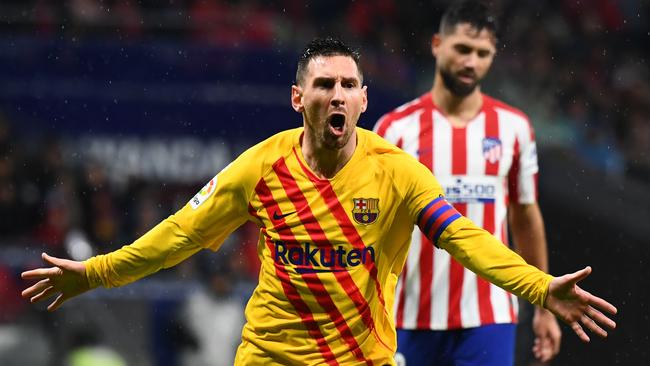
After a sashay down the red carpet at the Theatre du Chatelet in Paris, and amid much fanfare, it was announced that the jury of 195 football reporters, one from each country around the world, voted Messi as the winner of the Ballon d’Or, his sixth time. So huge congratulations to Barcelona’s No 10, who rubs shoulders with Pele and Diego Maradona on the pantheon of greatest players of all time.
But did he deserve this award? Millions will scream yes.
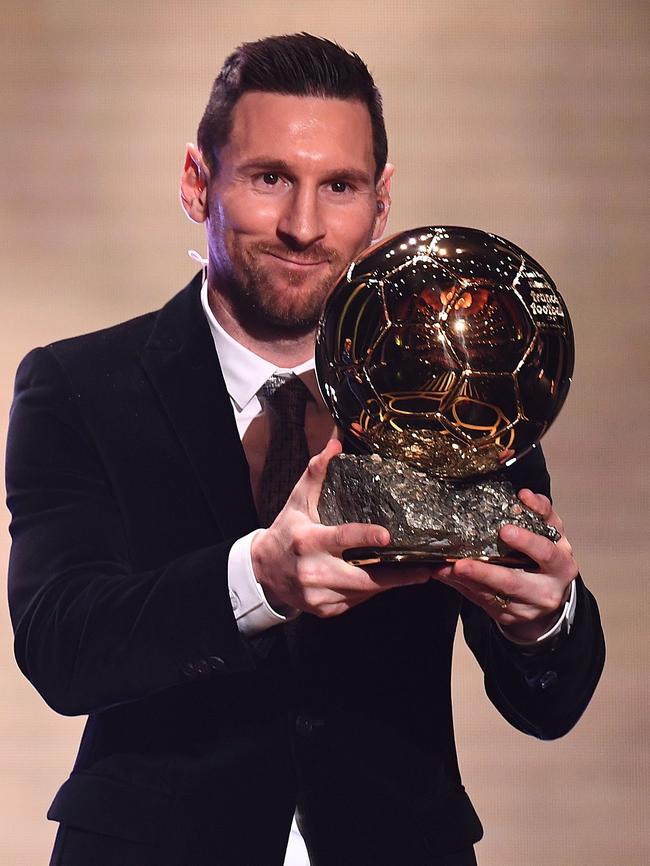
The Ballon d’Or understandably stirs up so much obsession and contention that it is worth spelling out the selection criteria as set out in an email to jurors by the organisers, the revered magazine France Football: “1. Individual and team performances in the 2019 calendar year. 2. Talent and sportsmanship of the player. 3. The player’s overall career.”
To these eyes, the order is significant: it is hard to dispute Van Dijk’s individual performances in 2019, contributing to the team success of Liverpool in winning the Champions League in June, and also in driving them clear this season in the English Premier League title race (when votes are taken in mid-November), the most competitive domestic club competition around.
Sport at this elite level is defined by tiny margins, individuals taking responsibility amid the fray, deciding the destiny of trophies. Van Dijk was immense in helping Liverpool to the Champions League final, not least in blotting out Messi and Barcelona at Anfield in the semi-final on May 7, dispossessing Luis Suarez after 24 minutes, and heading away a dangerous cross from Nelson Semedo with two minutes remaining. Vital moments.
With Liverpool protecting their one-goal lead against Tottenham Hotspur in the Madrid climax on June 1, Son Heung-min suddenly ran through on goal after 75 minutes. Van Dijk kept pace with the Korean, kept his eyes on the ball, stretching out his right leg, and snuffed out the danger. Games, seasons, even reputations are shaped by impeccable judgment when pressure is most intense. Van Dijk delivered in the crucible of the Champions League. Like last season’s Ballon d’Or winner, Luka Modric of Real Madrid.
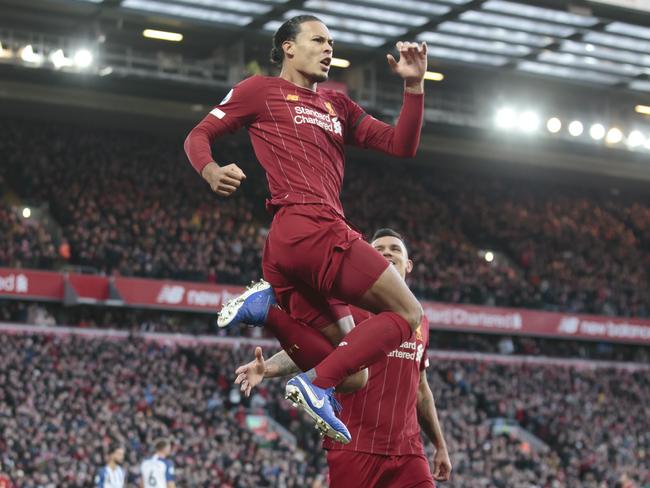
I rarely vote for those at work in this country, certainly not since Ronaldo in 2008, after Manchester United’s Champions League run, but it was a good year for those at Premier League clubs. As well as Van Dijk, Sterling and Allison, Bernardo Silva, Roberto Firmino, Sadio Mane and Mohamed Salah were also worthy of name-checks in Paris.
Amid all the homage to Messi on the banks of the Seine, it is worth remembering that the game is not simply about attackers, the headline acts, and that sometimes it is important to resist the clamour for glamour. Defenders matter too. I voted for Fabio Cannavaro in 2006, not simply because his elegant interceptions were so elemental to Italy securing the World Cup but also because he was a leader, an emotional touchstone for the Azzurri.
Any voting over the past decade needs setting against the backdrop that we inhabit the regal realm of Messi and Ronaldo. To consider anybody ahead of them requires that player to have enjoyed the season of their lives, which Van Dijk did, and to have nailed one of the big trophies, and 2019 offered mainly the Champions League (with respect to the Nations League and the Copa America).
As usual, Messi’s myriad devotees certainly proved loyal and diligent campaigners, emitting frequent messages and videos via social media and email, feverishly proclaiming the latest trick/goal spree/win/defender humiliated by the “GOAT”. I’ve been stopped going into a ground by Messiphiles, even been interrupted giving a lecture by a student wanting to discuss Messi and the Ballon d’Or. They just want to make their point about why their Leo is unique. And he is.
When I spent time helping the Manchester United midfield player Michael Carrick on his autobiography, he became almost pained, even drained, describing what it was like trying to close down Messi in the Champions League finals of 2009 and 2011. Carrick talked of the supreme technical challenge, almost impossibility, of chasing somebody who could land and turn quicker than him, shift the ball instantly with either foot, move it on, and just be gone, a zephyr in the night, spiriting the ball towards goal.
Messi actually contributed to Carrick descending into the one dark phase of his life. Even such a balanced individual admitted that he struggled mentally for 18 months after Rome. Messi is a gift from the gods and he reminds others, even the most talented, of their mortality.
We are also privileged to be living in the era of Ronaldo. Like Messi, Ronaldo’s numbers are phenomenal, his professionalism awe-inspiring. Ronaldo’s relentless pursuit of perfection has always been there, and Carrick recalls turning up every morning for training at Carrington to find Ronaldo out there already, weights strapped to his ankles, dribbling between cones, strengthening, improving, preparing.
Ronaldo doesn’t inspire the powerful, almost religious following as Messi. The Portuguese is more flash, almost more needy in his desire for attention. “Look at me!” Messi simply tolerates interest as part of the deal that accompanies his maestro status.
It’s partly a club thing, too. Messi commands fervour, and a lobbying zeal, from Barcelona socios and also respect from others for his bond with one team as well as his magic ways and sways with the ball. Messi has always been perceived as more of a team player than Ronaldo. But then it is almost easier to appreciate the sheer brilliance of Ronaldo because he has delivered in different companies, at United, Real Madrid and now Juventus.
Judging by the noise around the red-carpet spectacle, the Ballon d’Or has never been more coveted.
A tricky six-year period existed when Fifa became involved with the Ballon d’Or from 2010 to 2015 inclusive with the FIFA World Player of the Year. In one year, when jurors were pondering their choices, one very cynical email dropped from Fifa seeming to push the vote towards one candidate in particular. Sepp Blatter meddling? Surely not.
So it was a welcome relief when France Football shed Zurich’s cloying embrace. I then received a call to vote in The Best FIFA Football Awards, which echoes the Ballon d’Or but is announced far earlier, in September, and won this year by Messi. Leaving aside inherent scepticism about Fifa, any involvement would have signalled voting intentions for the Ballon d’Or, something the bookies track.
Fifa’s award has a more splintered, agenda-based voting constituency with the winner decided by 25 per cent media representatives, national coaches, national captains and a public ballot. Messi was always going to win that.
The Uefa Men’s Player of the Year award went to Van Dijk, voted for by a mix of coaches and journalists.
France Football is loyal to the neutrals, to the correspondents around the world, and it is rightly taken very seriously as befits the Oscars of football. Last month, I pre-recorded an interview in Paris for France Football on why I voted for Van Dijk and it was done under a heavy cloak, almost a thick Napoleonic trench-coat, of secrecy. I was interviewed in an apartment near Jardin du Luxembourg, seeing my daughter who is studying art in Paris, and she had to leave the premises, please. Any mention of Van Dijk might have been confusing anyway.
Relief returns when the red carpet is rolled up, and judges can talk to each other again.
I know many of the other Ballon d’Or judges, we spend our lives on the road to matches, but we tend to avoid each other in press rooms when the voting email arrives from France Football. Omerta is almighty.
In Le Trophee Yachine (the Yashin trophy), the new award for goalkeeper of the year, I voted: 1, Alisson (5 points); 2, Ederson (3 points); and went for Jan Oblak (1 point) in third just ahead of Marc-Andre Ter Stegen. Alisson duly won, followed by Ter Stegen and Ederson. As with the Ballon d’Or, competition was fierce. We’re lucky to be watching football with such talent abounding.
THE TIMES

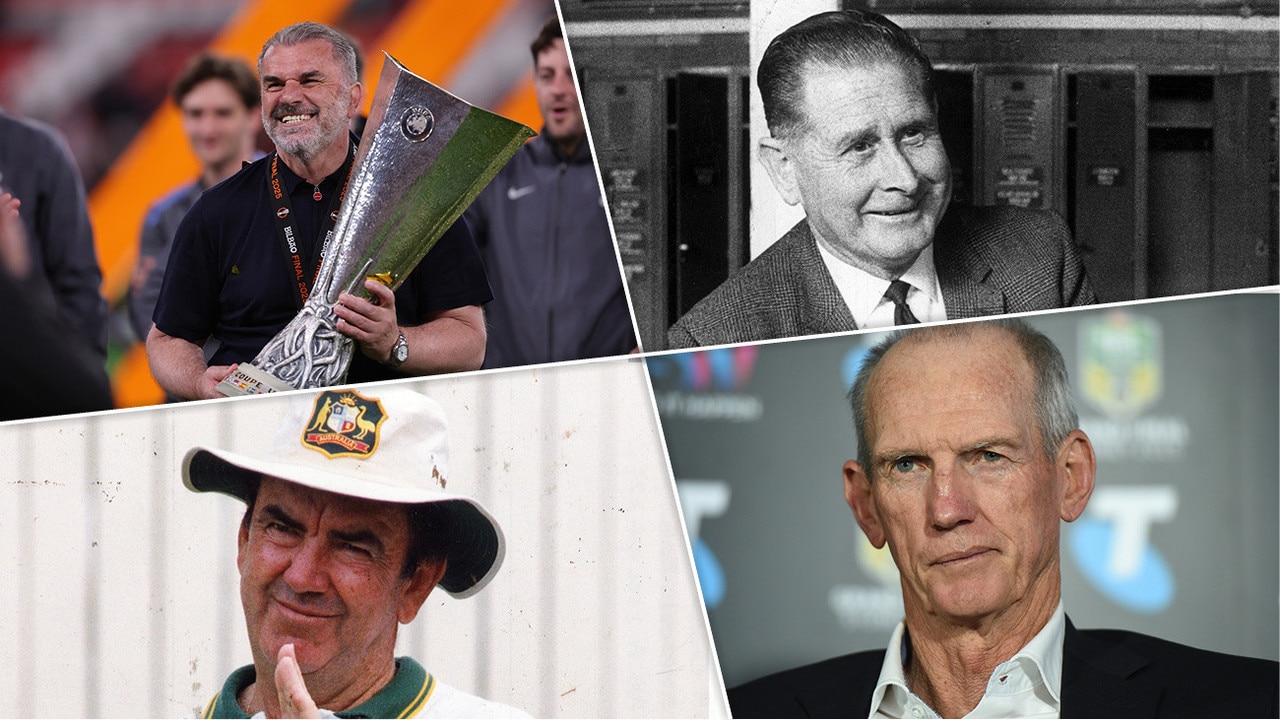
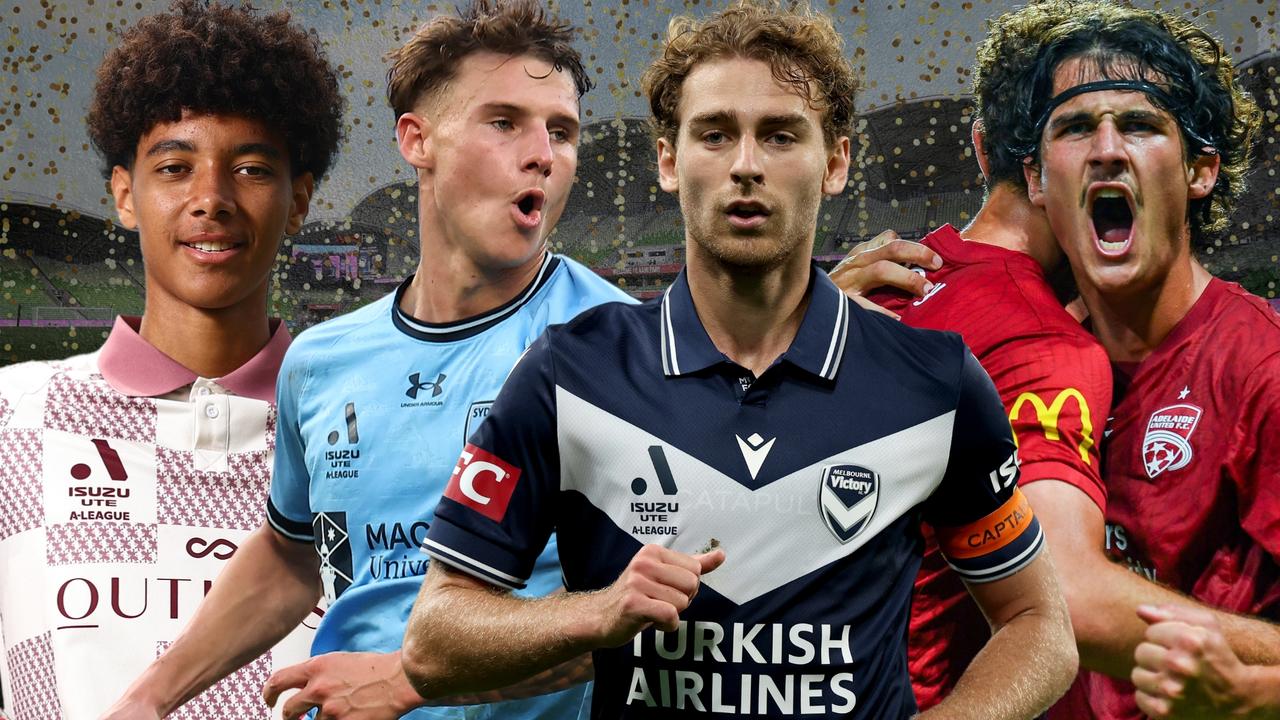
Enough people have asked, so here you go: this is how this judge cast his votes for the 64th Ballon d’Or. 1, Virgil van Dijk (6 points); 2, Lionel Messi (4 points); 3, Cristiano Ronaldo (3 points); 4, Raheem Sterling (2 points); and 5, Alisson (1 point).